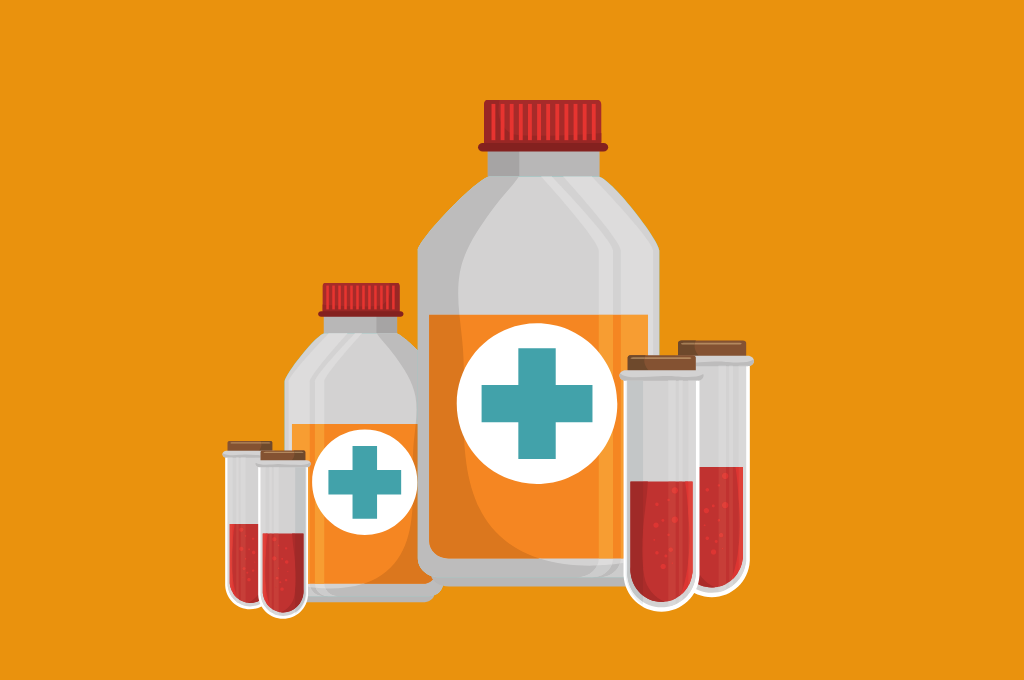We have recently published an article on the registration privilege called the Bolar exemption. Under the Bolar exemption, it is possible to conduct activities taken with a view to obtaining a marketing authorisation for a medicinal product before the expiry of patent protection for the active substance of the original medicinal product. Here it is worth explaining why generic drugs are cheaper than the new innovative ones.
One of the factors affecting the price of a medicinal product is the requirement to follow an expensive and time-consuming marketing authorisation procedure. The marketing authorisation procedure includes, among other things, the conduct of clinical trials. Such trials consist of several phases, but most importantly, they are carried out on human participants. Among those enrolled in clinical trials, some subjects are treated with the study drug and others are a reference sample, which means that they actually receive no treatment. Repeated clinical trials would be unethical and would generate unreasonable costs. That is why, when a generic medicinal product is produced, it may be authorised on the basis of clinical studies already carried out for a medicinal product containing a patented active substance. Such a medicine containing a patented active substance and authorised on the basis of, among others, clinical trials is called a reference medicinal product (or a reference medicine in short).
Data with clinical trial results are the so-called regulatory data. Regulatory data protection is another area which is completely independent of and at the same time complementary to the patent protection system. The registration data protection regime is defined in Directive 2001/83/EC of the European Parliament and of the Council of 6 November 2001 on the Community code relating to medicinal products for human use (OJ L 311, 2001, p. 67), which is implemented in Poland by the Pharmaceutical Law Act of 6 September 2001 (consolidated text dated 22 February 2019, Journal of Laws of 2019, item 499). Similar protection is also afforded to plant protection products and the so-called novel foods (e.g. baobab dried fruit pulp or Antarctic krill oil)[1].
For medicines to be granted a marketing authorisation, they must be proved to be effective and safe. Medicines authorised on the basis of complete data including clinical trial results are reference medicinal products (reference medicines). Generic medicines are authorised under a simplified procedure as part of which it is sufficient to demonstrate the bioequivalence of the generic medicine with the reference medicine. Where such bioequivalence has been demonstrated, the generic medicine is authorised on the basis of clinical trial results for the reference medicine. Importantly, the manufacturer of the generic medicine gains no access to the clinical trial results, but only relies on conclusions arising from such results and relating to the possibility for a specific medicine to obtain a marketing authorisation.
In accordance with applicable regulations (cf. Article 15 of the Pharmaceutical Law Act), the manufacturer of the reference drug enjoys 8 years of data exclusivity starting from the date the reference medicine has been authorised to be placed on the market, and 10 years of market exclusivity from the moment the medicine has obtained such a marketing authorisation. Data exclusivity means that the data used to obtain a marketing authorisation will not be employed to authorise another medicinal product. In turn, market exclusivity means that, irrespective of the marketing authorisation granted, the generic medicine may not be put on the market. This period may be extended by a maximum of one year if, within the first 8 years, the marketing authorisation holder obtains a decision to add a new indication or new indications to a new application of the medicinal product demonstrated to provide a significant clinical benefit.
Such registration data protection within the European Union serves a number of functions. It provides better patent protection for innovative products by granting actual or legal market exclusivity. In addition, it ensures stable protection not subject to the restrictions typical of patent law and compulsory licensing. It is not affected by the problems posed by circumvention of law or reverse engineering, as it is not subject to annulment, even if the marketing authorisation decision has been annulled. Most importantly, it generates no additional costs.
And what does the aforementioned pharmaceutical law institute have to do with the Bolar exemption? If an entity wished to exercise its right under Article 69(1)(4) of the Industrial Property Law Act of 30 June 2000 (Journal of Laws of 2001 No. 49, item 508, consolidated text of 5 April 2017, Journal of Laws of 2017, item 776) to obtain a marketing authorisation before the lapse of 8 years from the date a marketing authorisation has been granted for the reference medicine, it would be obliged to conduct its own clinical trials, and still could not place its product on the market before the lapse of 10 (or maximum 11) years from the date such a marketing authorisation has been obtained for the reference medicine. This constitutes a major limitation to the applicability of the exemption. As a result, the Bolar provision will not always be sufficient to achieve the aim of putting a cheaper generic drug on the market.
On the other hand, it is worth noting two other aspects of the issues touched on herein. Firstly, it should be borne in mind that the manufacturer of innovative medicines gets the costs incurred in connection with the research conducted back as late as in the last years of protection afforded to their product. Secondly, additional instruments such as data exclusivity and market exclusivity serve to support existing solutions rather than actual search for innovative drugs. All of this leads us a pertinent question are the aforementioned instruments really effective and helpful?
[1] See https://eur-lex.europa.eu/legal-content/EN/TXT/HTML/?uri=CELEX:32017R2470&from=EN



